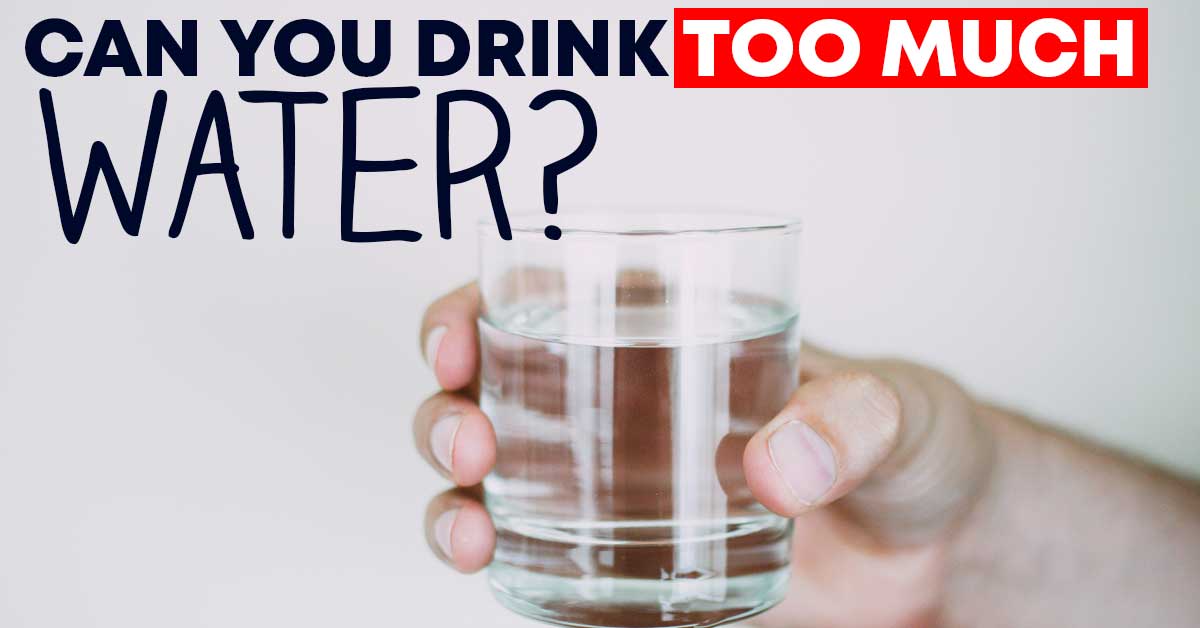The current heatwave in central Minnesota has many individuals focused on staying hydrated this week. That’s a great thing to keep in mind, either during a heatwave or even in the middle of winter.
Studies completed in the last decade have even found that most Americans are drinking an adequate amount of water each day.
But can you overdo it? It is very uncommon for most people, but it is possible.
What is “Overhydration?”
It is as simple as it sounds, if your body takes in more water than it is able to lose, then you are overhydrated. If your kidneys are working properly then they will keep up with moving excess water out of your body. Those that have the greatest risk for overhydration are people that have a pre-existing kidney or liver complications.
What is “Hyponatremia”?
Usually, salt is viewed as a negative – something you need to reduce in your diet. Many Americans consume far too much salt on a given day. However, those that are exercising, and thus sweating heavily will lose salt in their sweat. When you finish exercising, most people replenish their body with water.
The problem is, water does not contain salt, and as a result, you replace water and salt (sweat) with only water. This dilutes the remaining salt (sodium) in your body.
For this reason, sports drinks are loaded with salt to help replace the salt lost from sweat. This is why sports drinks should be reserved for exercising, and not drank casually.
Why dehydration is a bigger problem than overhydration
The negative effects of water occur only under very specific circumstances and are not a concern most healthy individuals need to keep top of mind.
Generally, a healthy kidney can process 1 liter of water through your body each hour. Unless you are consistently drinking water at that rate for multiple hours consecutively, drinking too much water should not be a problem for you.
If you do not regularly drink water, pay attention to signs of dehydration – this is the more common issue Americans face. Symptoms can include dark-colored urine, fatigue, dizziness, and thirst.


